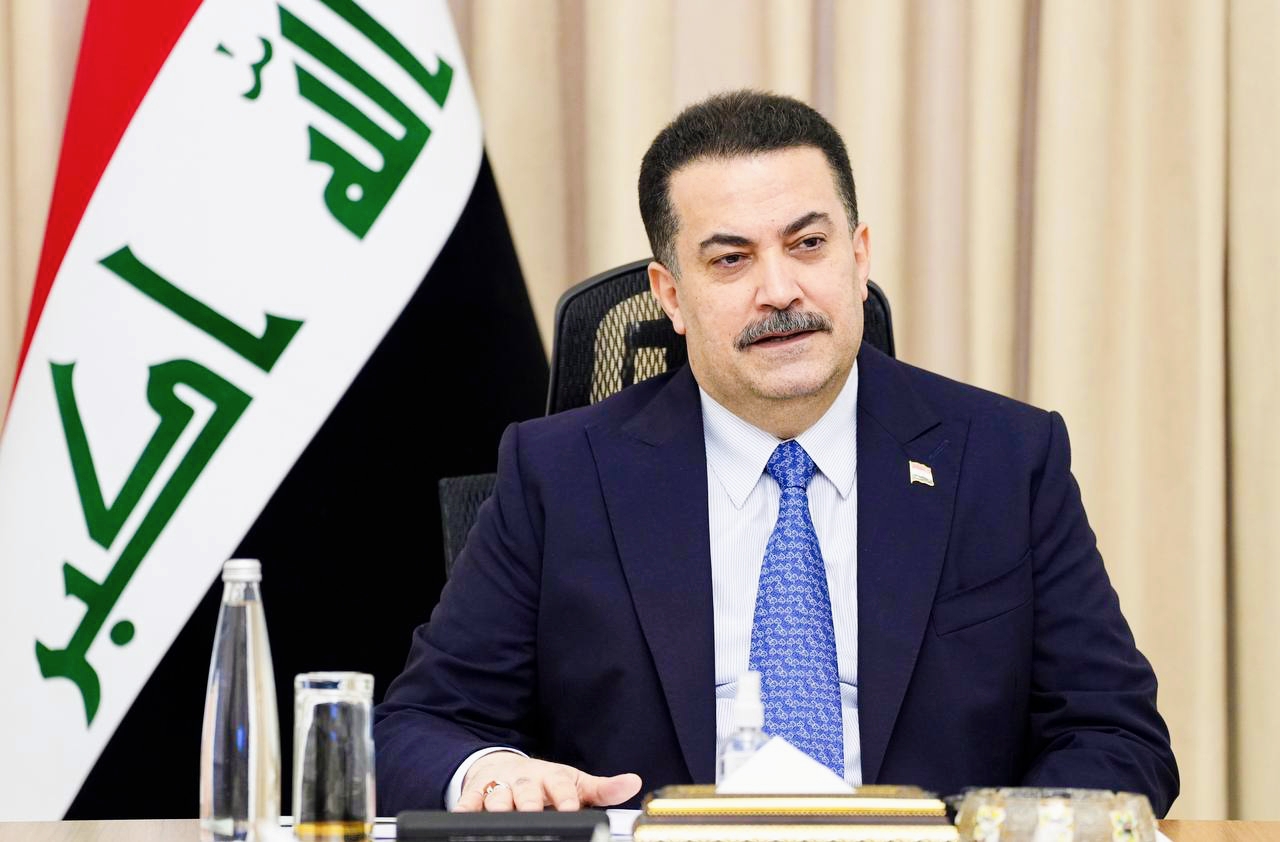Will Iraq End the International Coalition's Mission Without Losing Security Support?
August 31, 2025273 ViewsRead Time: 3 minutes

Font Size:
16
In a move that highlights a change in Iraq's strategic priorities, Prime Minister Mohammed Shia' al-Sudani emphasized that his government's approach to rearranging relations with the international coalition does not mean a complete break with the international community. Instead, it aims to enhance national sovereignty and organize cooperation in line with the current realities of the country, which are fundamentally different from 2014, during the rise of the ISIS threat.
Al-Sudani confirmed in official statements that the government bears a national responsibility to protect the interests of the Iraqi people and to prevent slipping into any external conflicts, noting that achieving development is contingent upon establishing security and stability, which requires - according to his expression - adherence to the rule of law, restricting arms to the state, respecting constitutional institutions, and maintaining an independent national decision, alongside continuing efforts to combat corruption.
He considered that these foundations constitute the real guarantee for Iraq's future.
In the same context, the Prime Minister's advisor, Hussein Alawi, revealed that the process of ending the American forces' missions in Iraq is proceeding according to the mutual agreement between Baghdad and Washington, denying any fears of the return of ISIS, while also confirming that the Iraqi forces are fully prepared and continue to pursue the few remaining remnants of the organization.
Alawi explained that the process of ending the American military presence was supposed to be completed since 2017, but the complexities of the political situation in previous governments prevented that, until a decisive agreement was reached during Al-Sudani's government.
He added that the defense and security relations between Iraq and the countries of the international coalition, including the United States, remain ongoing and advanced at all levels.
According to the agreement reached between the Iraqi and American sides in 2024, the United States is expected to retain some of its forces in the Kurdistan region for an additional year, within the framework of security and training cooperation, while emphasizing respect for Iraqi sovereignty.
It is noted that the number of remaining American forces in Iraq is about 2,500 soldiers, concentrated in a training, advisory, and support mission for the Iraqi forces, after their numbers were reduced following the announcement of the defeat of ISIS in 2017.
The agreed roadmap indicates that the first phase of the withdrawal of American forces will end in September 2025, with the second and final phase to be completed in 2026.
This move comes amid internal pressures exerted by some armed factions and political parties close to Iran, which have long demanded an end to the American military presence in the country, prompting the Iraqi government to enter into a series of meetings with the American side over the past year to determine a clear mechanism and timeline for ending the international coalition's mission in an organized and agreed manner.
With this new path, it seems that Iraq is seeking to reshape its international relations to achieve a balance between security partnership and respect for sovereignty, without compromising the gains of international cooperation in combating terrorism and building defensive capacities.